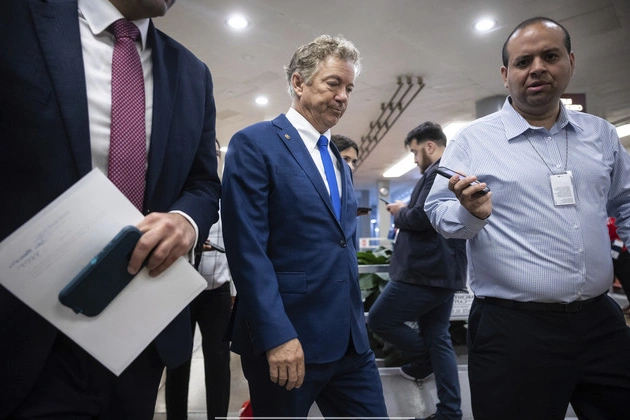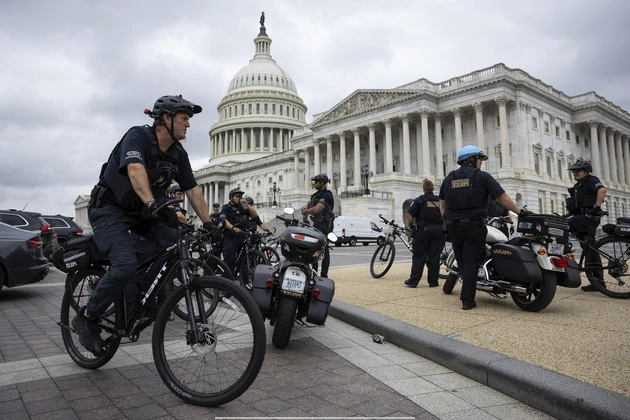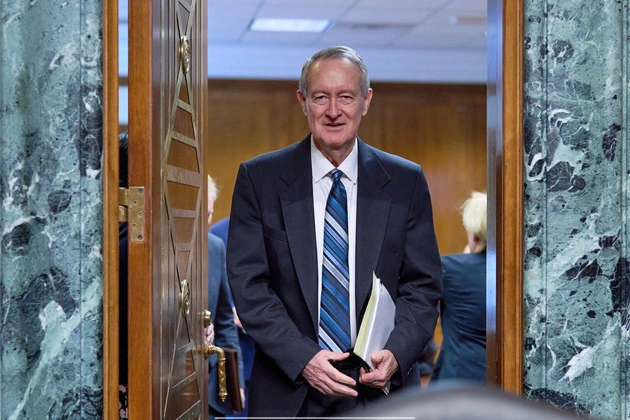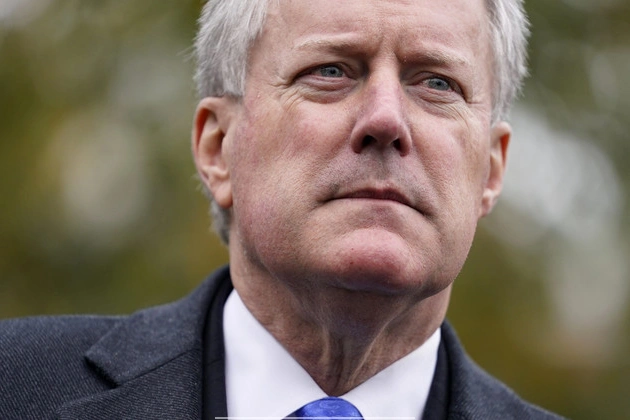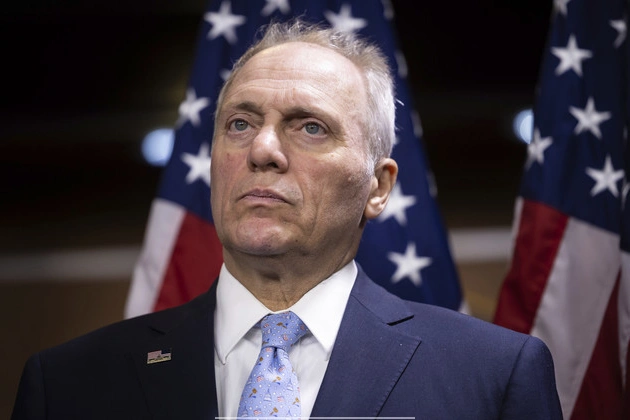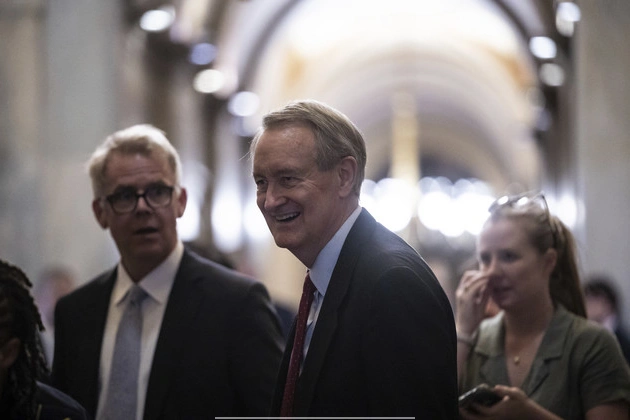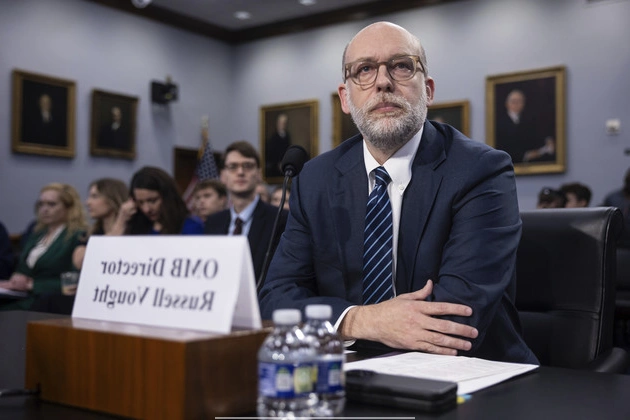
The White House budget director, Russ Vought, has stirred controversy with his proposal of ‘pocket rescissions,’ a tactic aimed at enforcing spending cuts without Congressional approval. This move has raised concerns among GOP lawmakers, who view it as an infringement on Congress’ power to allocate funds.
The Controversy Unfolds
Vought’s advocacy for ‘pocket rescissions’ stems from a desire to solidify spending reductions initiated by Elon Musk during his tenure leading the Department of Government Efficiency. However, the Government Accountability Office has deemed this approach illegal, sparking a clash between the White House and key Republican appropriators.
Understanding ‘Pocket Rescissions’
According to Vought, a ‘pocket rescission’ involves President Donald Trump formally requesting the withdrawal of funds, effectively treating the money as expired if not spent before the end of the fiscal year. This strategy aims to align actual spending with the administration’s budgetary goals, circumventing Congressional directives.
Reactions from GOP Lawmakers
The proposal has divided GOP appropriators, with some expressing skepticism about its legality and appropriateness. Senate Appropriations Committee Chair Susan Collins voiced strong opposition, highlighting the potential conflict with Congress’ constitutional authority to allocate funds.
While some lawmakers like Rep. Mike Simpson and Rep. Ken Calvert have criticized Vought’s approach, others, such as Rep. Steve Womack and Rep. Robert Aderholt, have adopted a more cautious stance, preferring to wait for concrete actions before passing judgment.
Future Implications
The escalating tension between Republican appropriators and the White House poses challenges for budget negotiations and could impact the relationship between the branches of government. The lack of a comprehensive budget request from the administration further complicates the funding process, raising concerns about transparency and accountability.
As the debate over ‘pocket rescissions’ unfolds, the role of Congress in overseeing federal spending and the extent of the president’s authority will continue to be scrutinized. The outcome of this controversy could have far-reaching implications for future budgetary decisions and the balance of power within the government.






